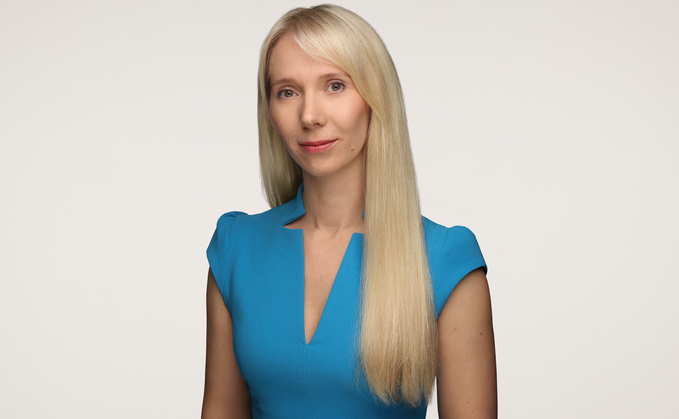
Maria Nazarova-Doyle
The subject of how (and whether) sustainable investment aligns with fiduciary duty has been debated in the UK pensions industry for a few years, with some polarising views.
The government listened and, as part of its green finance strategy, unveiled a year ago, it called on the Financial Markets Law Committee (FMLC) to help clarify the current legal position.
A dedicated working group of expert legal and pension professionals led by High Court judge Sir Robin Knowles, has delivered its findings in a seminal final report, Pension Fund Trustees and Fiduciary Duties: Decision making in the context of Sustainability and the subject of Climate Change. Its findings are just as relevant for contract-based pension schemes and local authority funds, and they should hopefully help inform the debate.
Clear conclusions
The paper reviews issues of fiduciary duty and its intersection with sustainability and climate change and draws some clear conclusions in several important areas.
First, pension fund trustees' primary investment duty is balancing returns against risks. In order to do that, trustees have to consider financially relevant factors. While the industry has been somewhat divided on whether issues that are non-financial in nature (like climate change or biodiversity loss) can constitute a financial factor, the paper makes it clear that what distinguishes a financial factor is the motive underlying its consideration, not the nature of it.
Given that climate change and other sustainability-related issues can clearly impact an investment's risk and return, the report finds that it is imperative that trustees classify them as financial factors. Notably, the current legal framework requires trustees to take all financial factors into account in investment decision making.
Secondly, the paper quashes the argument that it is not for pension trustees to concern themselves with matters such as climate change, as these are taken care of by governments and regulators. It unequivocally states that such an approach would not address all the risk therefore trustees can't abdicate their responsibility here.
The paper furthermore implores trustees to give due consideration to systemic risks and not only consider risk/return combination at an asset or portfolio level, but at all three levels, including the economy. The paper crucially reminds trustees that pension schemes exist within the economy and cannot insulate themselves from systemic risks by way of diversification.
The paper additionally addresses the importance of time horizons. While certain investment decisions may hold over shorter periods, this may not be the case over longer periods. It also looks at the dynamic nature of risks and returns and stresses the importance of monitoring these changes. It makes a significant point that sometimes it might be appropriate to forego a short-term gain if such a gain would result in identifiable longer-term risks to the sustainability of returns to the fund.
Member views and risk understanding
When it comes to member views and consultations with members, the working group has determined that these may be appropriate to help garner insights and avoid misconceptions, while at the same time helping to mitigate litigation risk. Newer, more robust techniques for member consultations are becoming more prominent, and these can be helpful for trustees when making their decisions, for which they are still responsible themselves.
Crucially, the paper addresses the fact that although climate change or other systemic risks are hard to understand and to model, this does not mean that they can be ignored. Even if these factors can't be quantified reliably, that doesn't mean that they lack weight.
It is therefore important to create narrative strategy analysis and not simply rely on a single number that a quantitative model throws out. Qualitative analysis should supplement quantitative models. Even if these issues are at times too complex to accurately model, trustees cannot disregard these issues.
Stewardship
Lastly, the paper highlights that stewardship is a very important lever to pull if trustees wish to see the expected returns that are projected at the time of investment to materialise over the holding period - or even improve. Its authors believe that pension fund trustees setting expectations on stewardship can have an impact on corporate behaviour in the real economy, and this will in turn enable pension funds to better meet their fiduciary obligations. It is therefore appropriate for pension funds to initiate this reinforcing process.
The expectation is that this report will significantly aid understanding amongst pension trustees and other industry professionals of the absolute necessity of taking matters of climate change and sustainability into account within their investment decisions. This should ensure better long-term outcomes for members, while also reinforcing a positive loop in the real economy via more holistic, systemic level investment decisions and stewardship.
Maria Nazarova-Doyle is global head of sustainable investment at IFM Investors and a member of the FMLC's working group
Read more:







